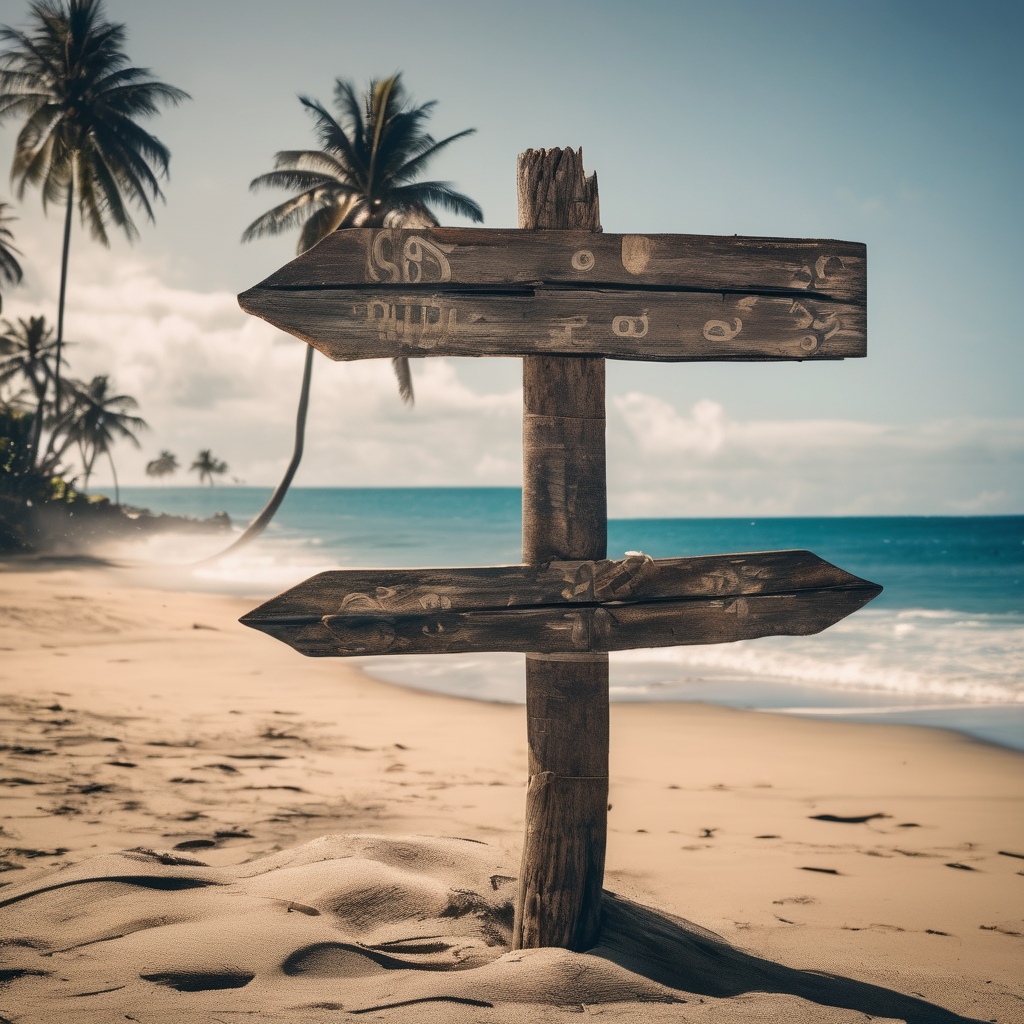The World Wide Fund for Nature (WWF) is spearheading efforts to unify Pacific nations as they gear up to present a cohesive stance at the 30th UN Climate Conference (COP30) in Brazil this November. A recent workshop in Suva, hosted by WWF-Pacific’s Project Manager for the Empowering Voices Project, Margaret Tabunakawai, underscored the pivotal role of collaboration among Civil Society Organizations (CSOs) to effectively articulate the Pacific’s climate concerns at this significant international forum.
Tabunakawai emphasized grassroots empowerment, urging Pacific delegates to convey the lived experiences of their communities at COP30. “Our journey to COP30 begins here in Suva,” she stated, highlighting the workshop’s role in cultivating shared advocacy goals and unity that will resonate across the ocean to Belém. Her remarks underscored the profound influence a unified Pacific voice can wield, stressing the need for solutions steeped in the region’s unique experiences and cultural heritage.
This sentiment is not new. Previously, leaders from the Pacific have voiced similar calls for unity and action. Fiji’s Deputy Prime Minister, Biman Prasad, during the Post-COP29 Debrief, underscored the Pacific’s pressing needs, calling for strong political leadership to secure funding for loss and damage, and advocating that Pacific nations must be heard at international platforms.
Baron Waqa, Chair of the Pacific Islands Forum, has also echoed the need for robust advocacy, urging major polluters to honor their commitments. This highlights the proactive stance of the Pacific in climate resilience, integrating traditional knowledge with contemporary solutions.
As COP30 approaches, it presents an invaluable platform for Pacific leaders to advocate for justice and accountability from the world’s largest polluters. Scheduled from November 10-21 in Belém, Brazil, this conference is a vital opportunity to elevate the challenges and initiatives of the Pacific to the global stage, aiming to foster effective climate action. The collective hope is that these unified efforts will lead to significant changes, safeguarding vulnerable communities in the region and setting a precedent for future international climate negotiations.
